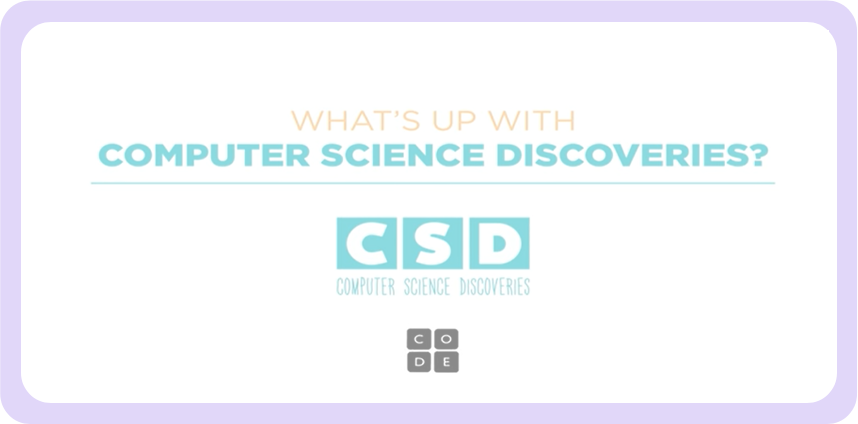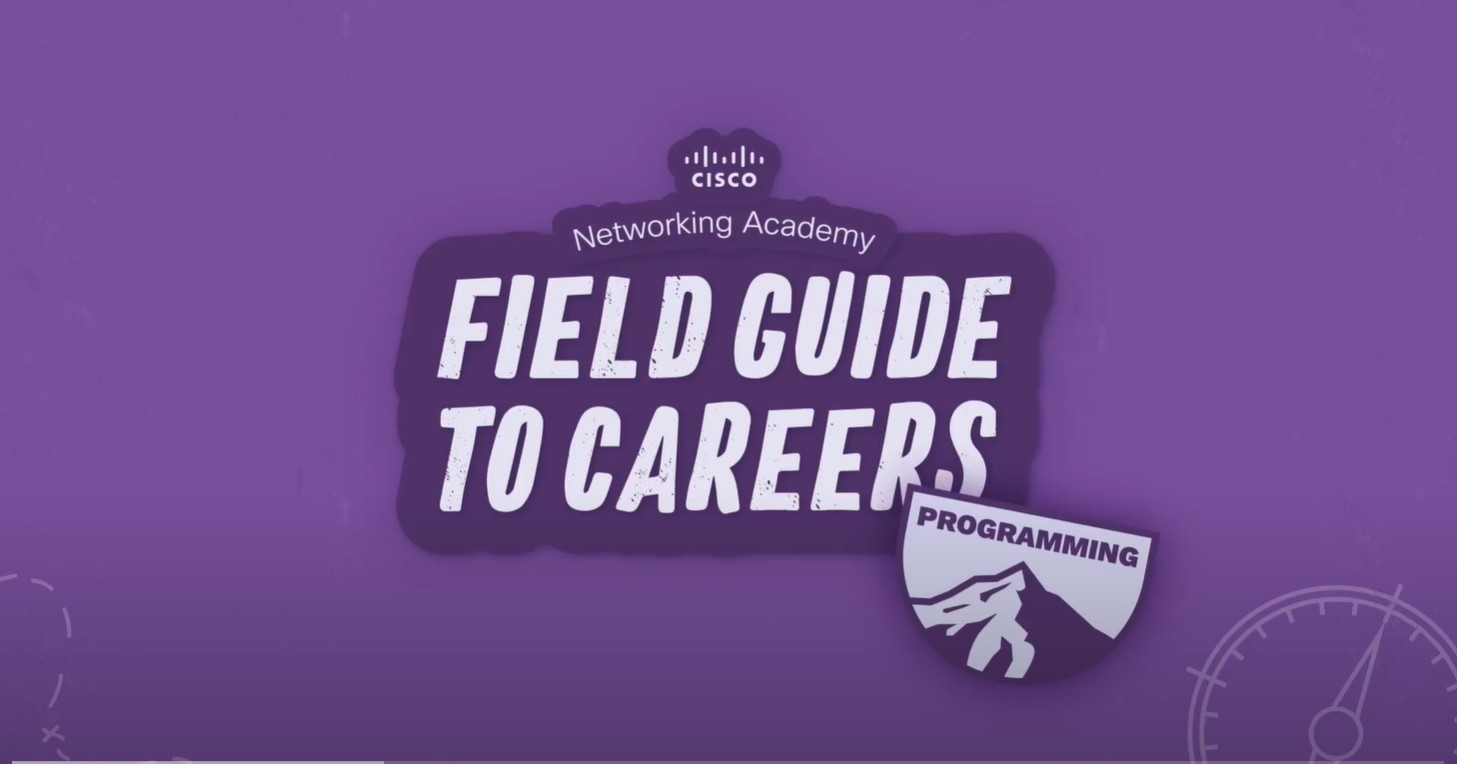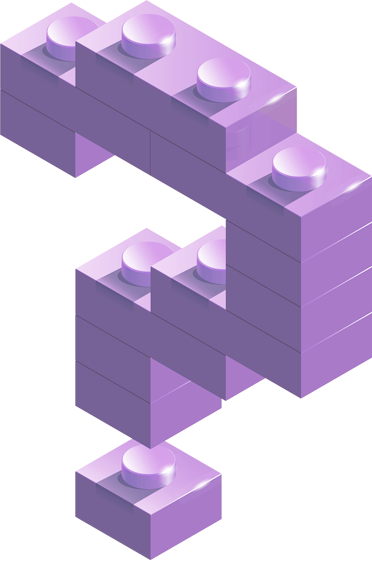Our Partners
Code.org
Code.org is a non-profit organization that promotes computer science education to children of all ages. It offers a variety of tools for monitoring and evaluating student progress in addition to training and tutorials for coding in various programming languages for educators.
The mission of the organization is to increase accessibility to computer science for all people, regardless of background or experience, and to assist in preparing students for the jobs of the future in a quickly changing tech industry.
Code.org also provides online courses for students, such as the popular “Hour of Code” program, which is a one-hour introduction to computer science that aims to demystify code and demonstrate that anybody can learn the fundamentals.


Cisco Networking Academy
Cisco Networking Academy is a widely known education program that teaches individuals computer networking skills, cybersecurity, coding and other tech skills. It is a community of educators, employers, and civic leaders who exchange best practices and offer professional development, training, and support.
The comprehensive curriculum, which is based on the most recent technological developments, is adaptable and may be taught in-person, online, or both. It corresponds with industry-recognized qualifications like the Cisco Certified Network Associate (CCNA), the Python Certified Associate Professional (PCAP) and prepares students for in-demand employment.
Along with special work opportunities, the program provides discounts on certification examinations, business skills, and job matching services. Organizations may benefit from the Cisco brand and increase enrolment in their technical programs by collaborating with Cisco Networking Academy.
FAQs
We offer a range of courses for students of all ages, including Code.org's CS Discoveries and Cisco Networking Academy's Python Fundamentals. These courses cover topics such as computer science fundamentals, problem solving, web development, data analysis, and the impact of computing on society. They are designed to introduce students to the foundations of computer science and help them develop problem-solving and critical thinking skills.
Collaboration: Many of the activities in the curriculum involve working in pairs or small groups, which can help students learn to collaborate effectively with others.
Communication: Students may be asked to explain their code or share their projects with others, which can help them develop their communication skills.
Creativity: The curriculum encourages students to think creatively and come up with their own solutions to problems, which can help them develop their creativity.
Critical thinking: By solving problems and debugging code, students can learn to think critically and logically.
Problem-solving: The curriculum is designed to help students develop their problem-solving skills by providing them with challenges to overcome.
Classes take place in our fully licenced private institute in Nicosia
We run two groups of students during weekday afternoons: Monday & Wednesday and Tuesday and Thursday. We offer 16 hours of in-class learning per month.
Click contact us above and send us a message. Our staff will contact you the soonest possible.
